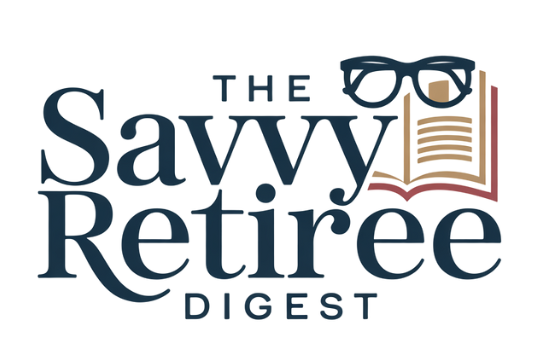Protecting Your Finances: Navigating Nursing Home Costs Without Losing Your Social Security
The Savvy Retiree Digest
Archives
Protecting Your Finances: Navigating Nursing Home Costs Without Losing Your Social Security
SIGN UP FOR OUR NEWSLETTER
Protecting Your Finances: Navigating Nursing Home Costs Without Losing Your Social Security |
Understanding how to manage nursing home expenses while safeguarding your income |
Facing the reality that your 80-year-old mother requires nursing home care can be overwhelming, especially when confronted with the financial implications.
It's crucial to understand how her Social Security benefits and other income sources are affected in this scenario.
**Medicare Coverage Limitations**
Medicare provides limited coverage for nursing home care.
Specifically, it covers up to 100 days of skilled nursing facility care following a hospital stay, but only under certain conditions.
If your mother's insurance denies coverage, it's essential to appeal the decision promptly.
Engaging her healthcare provider to support the appeal can be beneficial.
**Transitioning to Private Pay**
If the appeal is unsuccessful, your mother will be classified as a private pay patient.
In this case, the nursing home will bill her directly for services rendered.
While the facility cannot directly seize her Social Security or pension checks, they will expect timely payment for care provided.
Failure to pay may result in the facility issuing a discharge notice, provided they give reasonable and appropriate notice.
**Medicaid Eligibility and Implications**
Medicaid offers assistance for long-term care but has strict eligibility criteria.
As of 2024, an individual's countable assets must not exceed $2,000 to qualify.
Once approved, Medicaid requires that most of the recipient's income, including Social Security benefits, be allocated toward the cost of care.
The individual is allowed to retain a small personal needs allowance, which varies by state but typically ranges from $30 to $100 per month.
**Protecting Assets and Income**
To safeguard your mother's assets and income, consider the following steps:
- **Consult an Elder Law Attorney**: They can provide guidance on legal strategies to protect assets and navigate Medicaid eligibility.
- **Explore Long-Term Care Insurance**: If feasible, this can help cover nursing home costs without depleting personal assets.
- **Understand State-Specific Regulations**: Medicaid rules and allowances can vary by state, so it's important to be informed about local policies.
**Conclusion**
While nursing homes cannot directly take your mother's Social Security checks, her income will play a significant role in covering care costs.
By understanding Medicare and Medicaid policies and seeking professional advice, you can make informed decisions to protect her financial well-being during this challenging time. |

